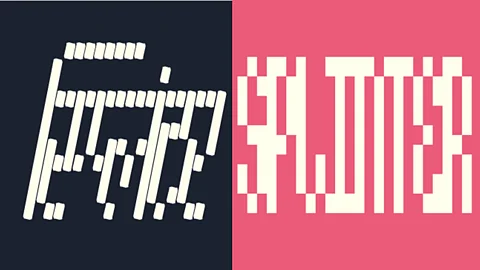
- HOMEGROWN WORLD
- #HGCREATORS
- #HGEXPLORE
- #HGVOICES
- #HGSHOP
- CAREERS
- ABOUT US
- CONTACT US

Type design and the art of typography as a whole is just beginning to get its flowers across the homegrown creative landscape. While type has arguably been a ubiquitous part of our world since the advent of written language and the invention of the printing press, the way that it’s shaped the form and function of the world around us has gone largely unnoticed by the majority.
This is why it’s particularly refreshing to see homegrown designers forge a bold path ahead through creative and practical experiments, improvements, and embellishments across the field of typography. Namtrata Goyal is one such pathbreaking designer. Her typeface, ‘Splinter’, created in collaboration with Frederik Berlaen and Universal Thirst, supports Devanagari and Latin scripts along with every other language that is based on those systems.
Splinter fundamentally pushes the envelope for the art of type as a result of its design, process as well as the research that went into creating it. It aims to create a new avenue where a script can serve as both a linguistic and an aesthetic or graphic tool for designers across the creative spectrum.
“Like most font inspirations, Splinter started with a piece of lettering – found in the title of a book from my aunt’s library of titles dating back to the 60s and 70s. I love visiting local libraries or scrounging around dusty bookshelves in search of interesting letterforms; sometimes it’s the entire title that triggers something, and sometimes it’s a single element, like a drop cap.”
Namrata Goyal, The Universal Thirst Gazzette.
While still a work in progress, Splinter’s promising debut and limitless potential as a typeface heralds a bold new epoch where homegrown POC type artists are finally able to make their mark on a landscape that’s ripe for creative exploration and ingenuity.
If you enjoyed reading this, here's more from Homegrown:
Karan Kumar’s Hot Wheels-Inspired Typeface Blends Nostalgia With Linguistic Expression
Designer Kimya Gandhi Is Preserving India’s Calligraphic Identity Using Typeface
How Type Artist Manav Dhiman's Creative Process Manifested His Devanagari Totes
